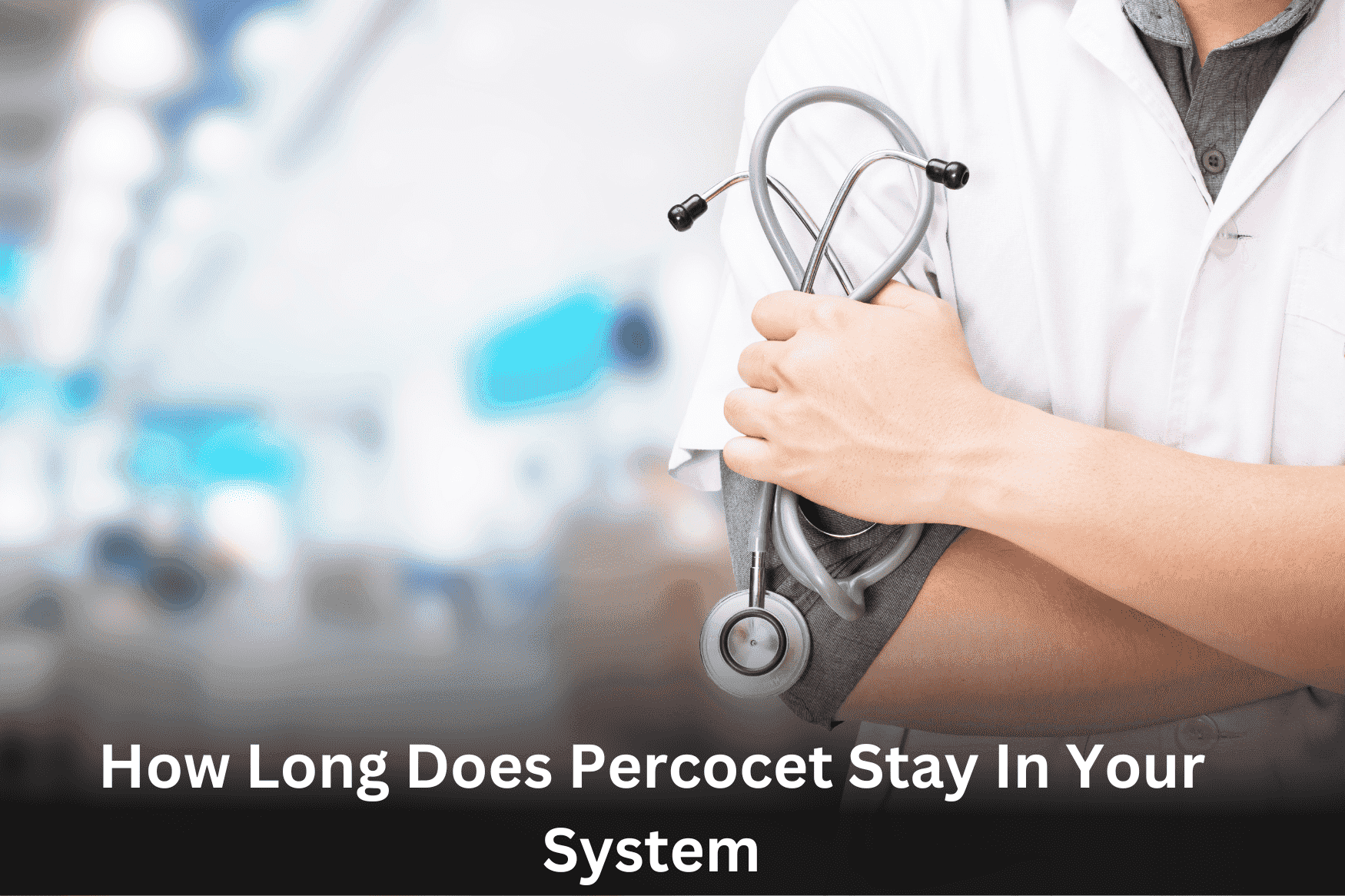Healing the Mind: Mental Health in Addiction Recovery

Strong 8k brings an ultra-HD IPTV experience to your living room and your pocket.
Introduction
Addiction seldom travels alone. It walks hand-in-hand with mental anguish, anxiety, depression, trauma, or a shadowy combination of all three. Healing from substance use is not merely about abstaining from a drug—it’s about untangling the threads of suffering that led someone there. When mental health is neglected in the addiction recovery process, the foundation of sobriety remains precarious. True healing begins when the mind is nurtured as fervently as the body.
Understanding Coverage Options for Better Care
Navigating the world of healthcare can be overwhelming without the right support. When individuals seek addiction or mental health treatment, having a reliable coverage plan becomes essential. That’s where ChoicePoint insurance comes into play, offering tailored benefits that align with various recovery needs. Whether someone is entering detox, outpatient programs, or long-term therapy, having this type of insurance can significantly reduce out-of-pocket expenses and grant access to quality care. Understanding the details of coverage helps individuals make informed decisions about their treatment path, leading to more successful and sustainable recovery outcomes.
Understanding the Dual Diagnosis
Dual diagnosis—also known as co-occurring disorders—refers to the simultaneous presence of a substance use disorder and one or more mental health conditions. It is not uncommon; in fact, it’s the norm rather than the exception. Depression, post-traumatic stress disorder (PTSD), bipolar disorder, and anxiety disorders frequently co-occur with addiction. Each disorder can exacerbate the other in a relentless feedback loop. Someone may drink to quiet intrusive thoughts, only to find that the alcohol magnifies their despair. Untreated mental illness becomes fertile ground for addiction—and vice versa.
Neurobiological Impacts of Addiction on Mental Health
Substance use disorders hijack the brain’s reward pathways. Dopamine floods and crashes alter perception, motivation, and emotional regulation. Over time, this rewiring erodes natural emotional equilibrium. Neurotransmitters like serotonin and GABA—critical to mood balance—are disrupted, leading to heightened stress reactivity and anhedonia (the inability to feel pleasure). Memory falters, decision-making deteriorates, and the mind becomes a battlefield of chaos and compulsion. Healing the mind requires not just abstinence but deliberate neurological recalibration.
Therapeutic Modalities for Healing the Mind
The cornerstone of mental healing in recovery is therapy. Cognitive Behavioral Therapy (CBT) helps individuals identify and dismantle distorted thinking patterns that sustain both addiction and emotional dysregulation. Dialectical Behavior Therapy (DBT), with its emphasis on distress tolerance and emotional regulation, is especially powerful for those with intense emotional sensitivity or borderline traits. Trauma-informed care goes a step further—recognizing that addiction often stems from unhealed wounds, and creating safe spaces to unpack that pain without retraumatization.
Holistic Interventions to Foster Mental Well-being
Mental wellness extends beyond talk therapy. Practices like mindfulness and meditation rebuild the capacity to pause, observe, and respond rather than react. Somatic practices, such as yoga or breathwork, re-anchor the individual to their body—an essential act for those who have felt emotionally dissociated. Proper nutrition replenishes depleted neurotransmitters; sleep hygiene resets circadian rhythms; movement releases mood-enhancing endorphins. Meanwhile, expressive therapies—art, music, writing—offer cathartic outlets for what words cannot capture.
The Role of Support Systems in Mental Health Recovery
No mind heals in isolation. Peer support groups like SMART Recovery or dual-diagnosis-focused 12-step meetings offer community, validation, and hope. Family members, when educated and engaged, can transform from enablers into allies. Licensed psychiatrists and psychiatric nurse practitioners can provide careful medication management—often essential for stabilizing mood or managing intrusive symptoms. Healing the mind is both an internal and collective effort.
Challenges in Treating Mental Health in Addiction Recovery
Despite advancements, the path to integrated care is riddled with obstacles. Many individuals face stigma—from others and within themselves—that prevents them from seeking help. Dual diagnosis is often misdiagnosed or underdiagnosed due to overlapping symptoms. Access to treatment that addresses both conditions simultaneously is scarce, especially in under-resourced areas. And when mental health is sidelined in treatment, relapse looms dangerously near, threatening to undo hard-won progress.
Understanding Its Purpose and Benefits
Medications often come in various colors and imprints, each serving a specific function. One such tablet is the 970 orange pill used for treating anxiety and related conditions. This round, orange tablet is commonly identified as Buspirone Hydrochloride, a non-benzodiazepine medication prescribed to alleviate symptoms of generalized anxiety disorder. It works by affecting neurotransmitters in the brain, specifically serotonin and dopamine, to promote a sense of calm without the sedative effects associated with other anxiety medications. As with any prescription drug, it’s essential to follow a doctor’s guidance and not self-medicate, as misuse can lead to unwanted side effects.
Conclusion
Addiction recovery without mental health support is like building a home on a fractured foundation. Healing the mind is not a luxury—it is a necessity. For recovery to be sustainable, the emotional, psychological, and neurobiological wounds must be addressed with the same vigor as the physical ones. It’s time to shift the paradigm from symptom suppression to holistic restoration. Only then can recovery be not just a cessation of harm—but the beginning of a luminous, grounded, and mentally resilient life.
Note: IndiBlogHub features both user-submitted and editorial content. We do not verify third-party contributions. Read our Disclaimer and Privacy Policyfor details.





